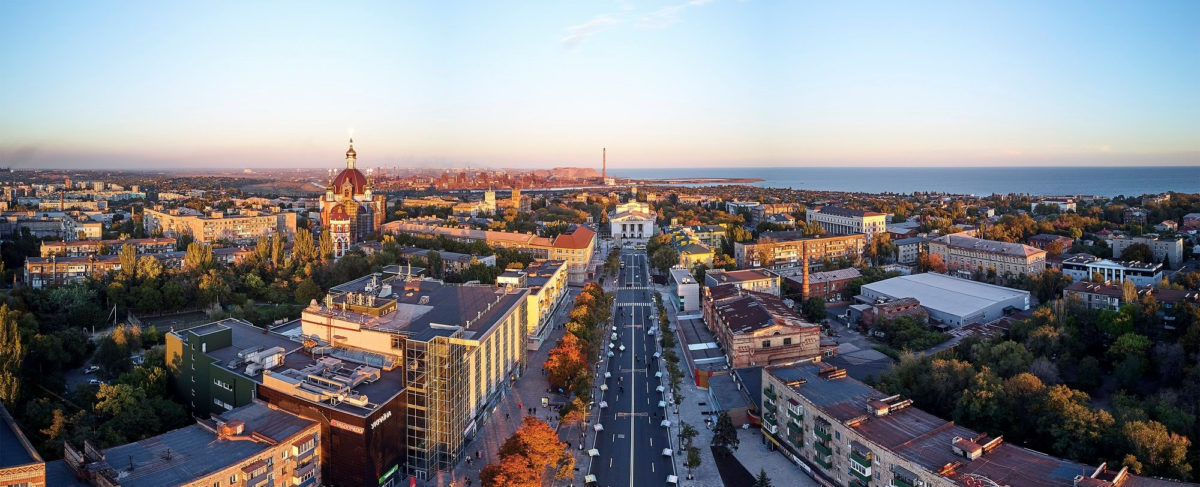
Progress with SUDH projects
2020-06-26
As of beginning of summer 2020, SUDH team have presented pre- studies which formulate project ideas for six cities in accordance with the SUDH vision of energy-efficient district heating in Ukraine, delivering qualitative services to its customers with low environmental impact.
Projects in brief:
- Brovary: waste heat from a local industry, DH network interconnection, installation of a flue gas condenser, IHS installation and possibly pipes replacement. The project may or may not include a component of biomass boiler as alternative to the waste heat solution.
- Chuhuiv: DH network interconnection as a strategic step towards sustainable DH system with centralized non-fossil heat generation, upgrading of pumps and other equipment, pipes replacement and IHS installation.
- Dobropillia: waste heat from a non-operative coal mine (using heat pumps), DH network interconnection, installation of a biomass boiler, pipes replacement and IHS. The project may lead to a substantial reduction of coal consumption and become an important demonstration case for other cities in Ukraine that use coal for district heat generation..
- Mariupol: waste heat from steel industries, DH network interconnection, installation of a flue gas condenser, IHS installation and possibly pipes replacement.
- Poltava: installation of a biomass boiler, possibly in the form of combined heat and power generation in line with Ukraine’s green tariff.
- Vinnytsia: DH network interconnection and biomass boiler construction, possibly supplemented by installation of IHS and pipes replacement.
The pre- studies in Brovary and Mariupol have been approved by the cities, their district heating companies and NEFCO. Also, preliminarily commitments have been received from the industries that consider providing their waste heat energy resource for generation of district heating. With this, the SUDH team started preparation of feasibility studies that will form a basis for future decision-making by all parties regarding financing and implementation of these projects.
In both cities, the core project idea is utilization of thermal energy resource that is currently wasted by the industries. Production of this energy resource does not imply any additional intake of fuel of any kind as it is a by-product from the main production line of the industries. Currently, this resource is let to the air. The SUDH project implies investment into specific equipment that will enable capturing of the thermal energy resource, and use of it for generation of heat suitable for the district heating purposes. This will lead to positive environmental and climate impact as well as contribute to strengthening Ukraine’s energy independence by reducing import of natural gas. The waste heat will be used as base load for heating and domestic hot water generation during heating season, as well as cover demand for domestic hot water during summer.
Once implemented, these projects will make a powerful demonstration effect for the district heating sector in Ukraine as they will show how private industries and municipal district heating companies can create win-win collaborations leading to a better environment and improved district heating services and customer satisfaction.
Project ideas for the other four cities are currently in the finalisation stage. The SUDH team and the cities work on clearing the final details in order to ensure the project ideas are relevant to cities’ views and SUDH criteria. NEFCO will later select cities for preparation of additional feasibility studies. SUDH objective is to implement demonstration projects in at least four cities.